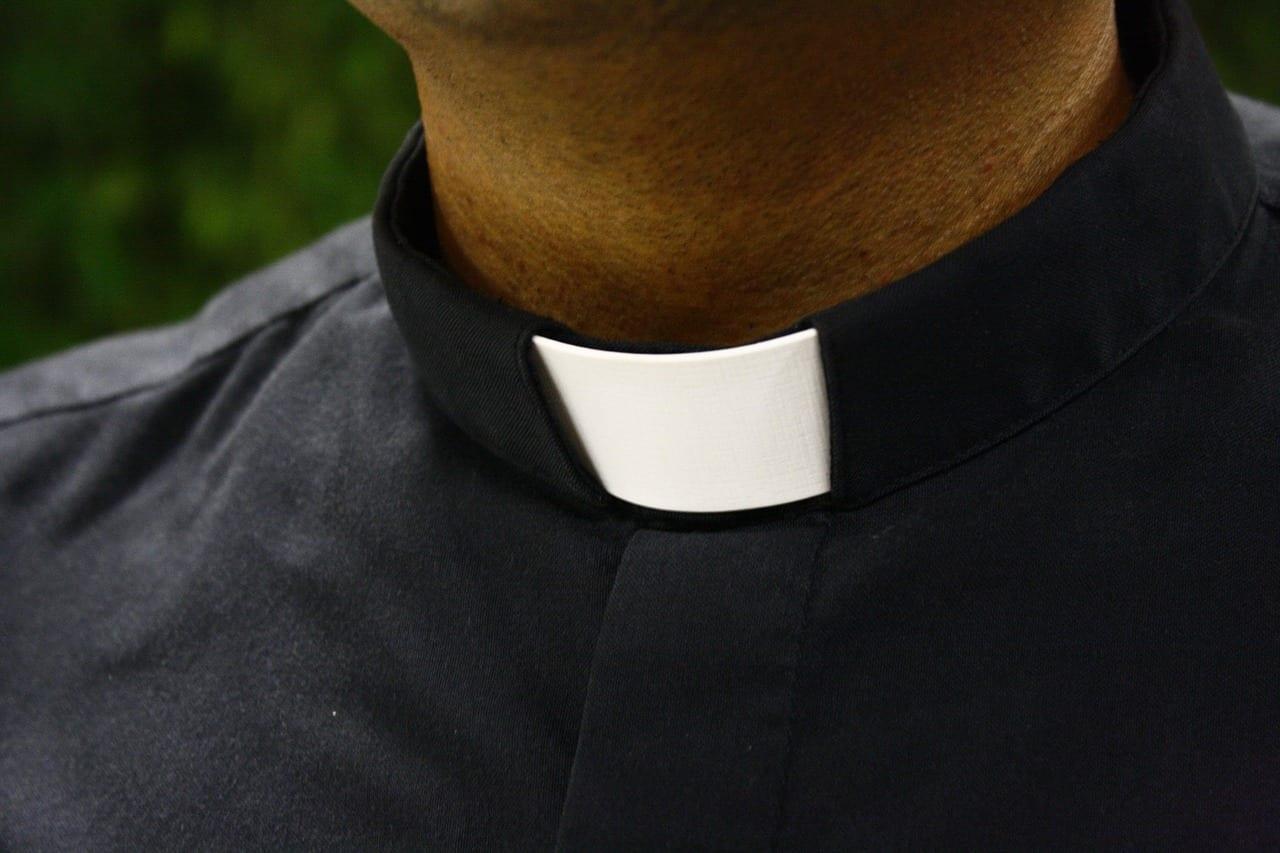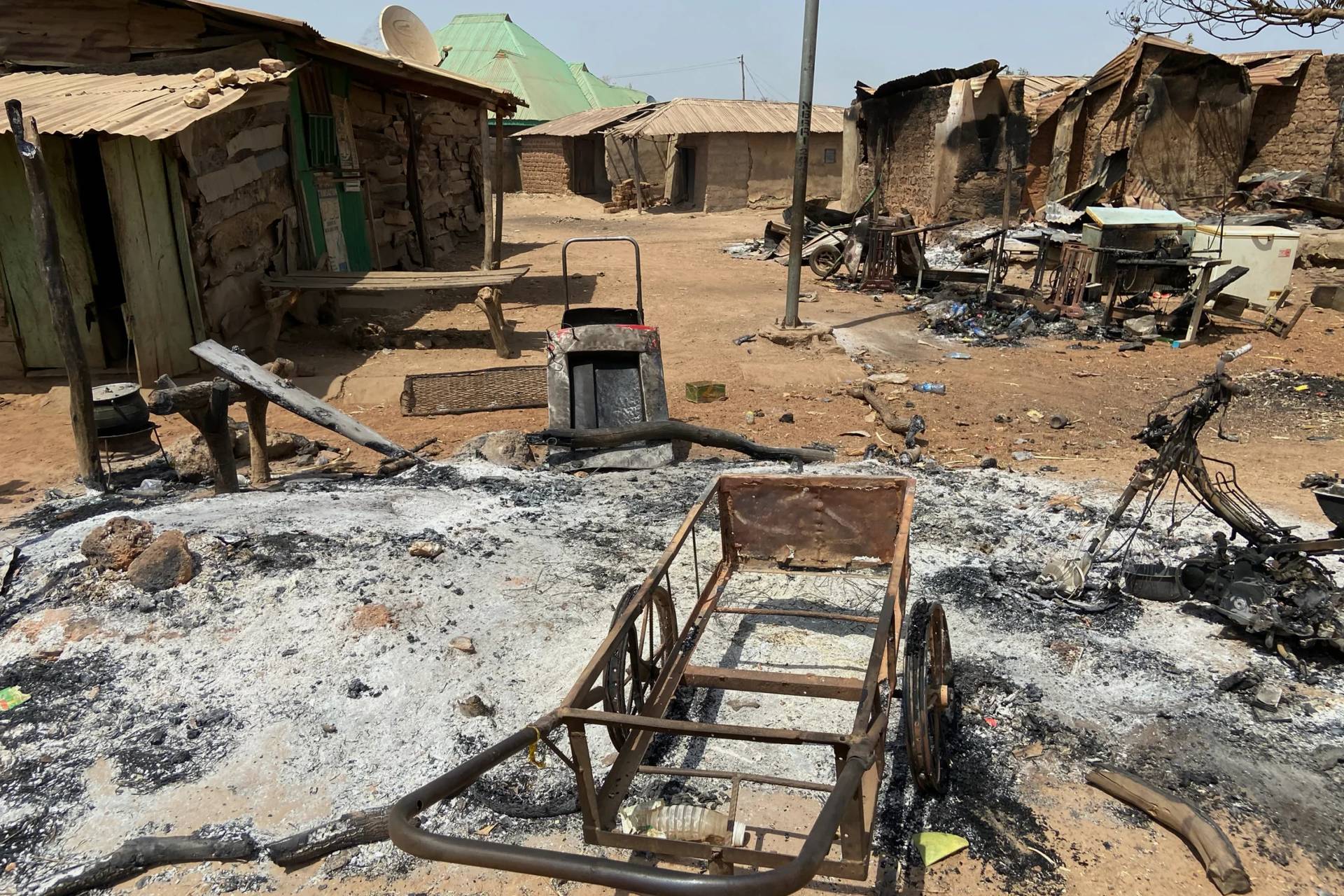TOPEKA, Kansas — One detailed how her father sexually abused her decades ago. Another recalled a priest fondling him as a teenager. And yet another remembered walking directly back to class after a priest raped her in the fourth grade.
One by one, they pleaded with lawmakers. Their main message: Please help us. Please help victims.
Kansas generally gives victims of childhood sexual abuse three years to file lawsuits once they turn 18. The limited window shuts out a vast array of victims, including many struggling well into adulthood.
But legislators are weighing whether to eliminate the time limit. And victims are pushing for a “lookback” window allowing lawsuits to be brought over abuse that occurred decades ago. Researchers are in widespread agreement that child victims frequently don’t disclose their abuse until adulthood.
As more states move to reform their statutes of limitations for child sex abuse lawsuits, victims are watching to see whether Kansas will be next. Can the change they desperately want advance all the way through the legislative process and become law amid the swirl of election-year politics and other issues demanding attention?
A bill to remove the civil statute of limitations took a small but symbolically powerful step forward this month almost exactly a year after it was introduced. Half a dozen adults who suffered abuse as children, many now middle-aged or older, shared their stories in a wrenching hearing in Topeka, according to The Wichita Eagle.
“I was just a victim. I was just 15 years old. Please help me,” said Rodger Faherty Jr., 58, who alleges he was abused in the ’70s by Father Finian Meis in the Kansas City area. The Catholic Church has listed Meis, who is deceased, among priests credibly accused.
By turns sad, angry and resolved, they painted a picture of horrific violations endured at the hands of trusted leaders and family members who held power over them.
“I knew my dangers in my house and I knew what they were and I felt like I could navigate them,” said Lesa Patterson-Kinsey, a Prairie Village resident who was abused. “To leave and to have to face unknown dangers, I was not willing to do that. So I kept my story quiet.”
While The Eagle does not typically identify the victims of sex crimes, everyone named in this story provided public testimony.
Much of the attention nationwide on removing or changing statutes of limitations has been driven by the abuse scandal that has swept across the Catholic Church over the past 20 years. Kansas has seen its own share of horrifying behavior come to light.
Church officials have released the names of dozens of credibly accused clergy members in Kansas, according to a database maintained by ProPublica. That includes 27 in the Archdiocese of Kansas City in Kansas and 16 in the Diocese of Wichita.
The Kansas Bureau of Investigation in 2019 launched 74 investigations into clergy sexual abuse that span 33 of the state’s 105 counties. The agency opened the inquiries after receiving more than 100 reports from victims.
In written testimony, Faherty described how Meis, who was stationed at The Good Shepherd in Shawnee, had fondled him.
When it came time for Faherty to stand before lawmakers and speak, he stood at the lectern choking up as he struggled to compose himself. Once he began, he laid out how the abuse spiraled him into three years marked by drugs, suicide attempts and violence.
“I denied God. I embraced Satan and prayed to do evil. And I was really good at it,” said Faherty, who now lives in Aledo, Texas.
His father, Rodger Faherty Sr., said he and his wife went to bed crying each night during those years. When the phone would ring, his wife “didn’t know whether it was the sheriff or the morgue.”
Faherty eventually received help. But the abuse still haunts.
“That kid is still running around in my head screaming for help. What can I do?” Faherty said.
The Kansas Catholic Conference — the church’s official voice at the state capitol — is remaining neutral on the bill. Chuck Weber, the Conference’s director, said lawmakers should take a “victim-centric, a survivor-centric approach.”
“As you consider the legislative proposals, we want to be part of the conversation moving forward,” Weber told lawmakers. “At one time there was a reason for statute of limitations. There still is a reason for statute of limitations. Is there reasons to eliminate them today? We ask the question.
“We’re not saying no. We’re asking the question: What are the ramifications of that?”
Weber, who spoke after victim testimony had concluded, repeatedly apologized to the abused.
“Again, I want to say I’m sorry on behalf of the Catholic Church for anyone who has ever been abused. We are very, very sorry,” Weber said. “And I know for many that means nothing and I understand that.”
Ten states have eliminated civil statute of limitations for child sex abuse, including Arkansas, Nebraska and Illinois, according to CHILD USAdvocacy, a Philadelphia-based organization that works to strengthen child protection laws. An additional 14 states set the statute of limitations over the age of 50 for victims.
By contrast, Kansas’s effective limit of 21 hasn’t been adjusted since 1992 and is among the shortest in the nation, the organization says.
“We have to make institutions responsible. When we make institutions responsible and say, ‘hey, you’re going to be sued,’ they clean up their acts. It happens in every part of our society,” said Kathryn Robb, director of CHILD USAdvocacy, an organization that works to strengthen child protection laws.
The bill before Kansas lawmakers eliminates the state’s three-year statute of limitations on civil lawsuits related to child sex abuse. Currently, victims have three years after they turn 18 to file a lawsuit, or three years from the date the person discovered the harm they suffered was caused by child abuse.
The bill doesn’t include an explicit “lookback” window to allow lawsuits to be filed over abuse decades in the past, though some victims are asking lawmakers to include one.
Lookback windows typically provide victims a certain number of years to file a lawsuit over abuse that occurred at any time. At least eight states have these periods, including California and New York. California’s lookback period began on Jan. 1 and will last three years.
Kansas lawmakers aren’t certain whether the bill as written would allow older victims to sue or not. Rep. Fred Patton, chairman of the House Judiciary Committee where the bill resides, said “some could argue you could go back forever” because the legislation simply eliminates the statute of limitations.
“I’m still not completely clear,” said Patton, a Topeka Republican. “That’s what we have to work on.”
Rep. Cindy Holscher, an Olathe Democrat who is the bill’s lead sponsor, said it’s her intention for older victims to sue.
“The goal is to broaden it so more people can come forward,” she said.
A 2014 study published in BMC Public Health of 1,050 child sex abuse victims in Germany found that the average age of reporting was 52 years old.
Patterson-Kinsey, who holds a degree in social work, told lawmakers that child victims don’t report because of fear, shame, self-blame and feelings of powerlessness.
“You really just want to pretend like it isn’t happening and it never happened,” she said.
In her case, Patterson-Kinsey knew the likely foster homes she would be sent to if she reported her abuse and didn’t want to live there. Why should she leave her middle-class home “where there were known dangers to live amongst the unknown,” she asked in accompanying written testimony.
The late average reporting age, combined with limited statute of limitations, effectively shuts the courthouse doors to victims by the time they’re ready to seek justice, according to Robb.
“It is up to you leaders to do something about it. To say ‘no more,'” Robb, who herself suffered childhood sexual abuse, told lawmakers.
Usha Reddi’s story illustrates how some victims don’t come forward for decades. Reddi, who is the mayor of Manhattan, didn’t pursue criminal charges until she was 53 after being sexually abused by her father from the ages of 10 to 16.
While Reddi, who is a Democratic candidate for U.S. Senate, pursued a criminal case against her father in Virginia, she said the state’s lack of a statute of limitations removed a “huge barrier” for her. Reddi’s father, Venkata Yeleti, pleaded guilty in a Virginia court in July to raping her.
“It took me a long time before I felt I had the energy and the support system to even come forward to talk about it,” Reddi said. “And even though my perpetrator was held accountable at the age of 75, there’s this feeling inside me that I’m doing something selfish by seeking accountability.”
Reddi contends that if the criminal justice system has no statute of limitations on sexual assault, then there’s no reason for a limit on civil cases.
“Survivors should have the right to seek justice in the manner they see fit. For some it might be criminal, for some it might be civil,” Reddi said. “The perpetrator should never be at ease with his or her crime just because the statute of limitations is up.”
Cecelia Simon, 49, said it took her 41 years to reveal parts of her story of abuse. Simon, who grew up outside of Wichita, said in written testimony that from the age of 9 to 12, she was abused at a religious group home by teenage juvenile delinquents who lived at the facility. She didn’t identify the group home.
Simon wrote that her testimony represented the first time she has ever shared her childhood history outside of therapy.
“I will not ever be able to recover the time I lost nor will I be able to give it back to my family,” Simon wrote.
Victims face a running clock for advancing the statute of limitations bill this year. The bill will die at the end of February unless legislative leaders use a procedural maneuver to keep it alive.
“It’s something I think we certainly need to address,” Patton said.
But he said lawmakers need to “dig into” the lookback window issue and find what works for Kansas. He said one option is to refer the bill to the Kansas Judicial Council if the House Judiciary Committee can’t work through the proposal in the next couple of weeks.
The Judicial Council, a group that includes judges and legislators, would likely study the bill over several months before making recommendations.
Holscher, the lead sponsor, said the bill “may need a little bit more tailoring.” She said she would love to see the bill move forward, but “the biggest thing to me, though, is that we’re able to help the victims.”
Faherty Jr., who said he has been diagnosed with Hepatitis C and cirrhosis, told lawmakers he would be surprised if he has enough life left to sue.
But for others there’s still time.
“Please unlock the door,” he said.
Crux is dedicated to smart, wired and independent reporting on the Vatican and worldwide Catholic Church. That kind of reporting doesn’t come cheap, and we need your support. You can help Crux by giving a small amount monthly, or with a onetime gift. Please remember, Crux is a for-profit organization, so contributions are not tax-deductible.










